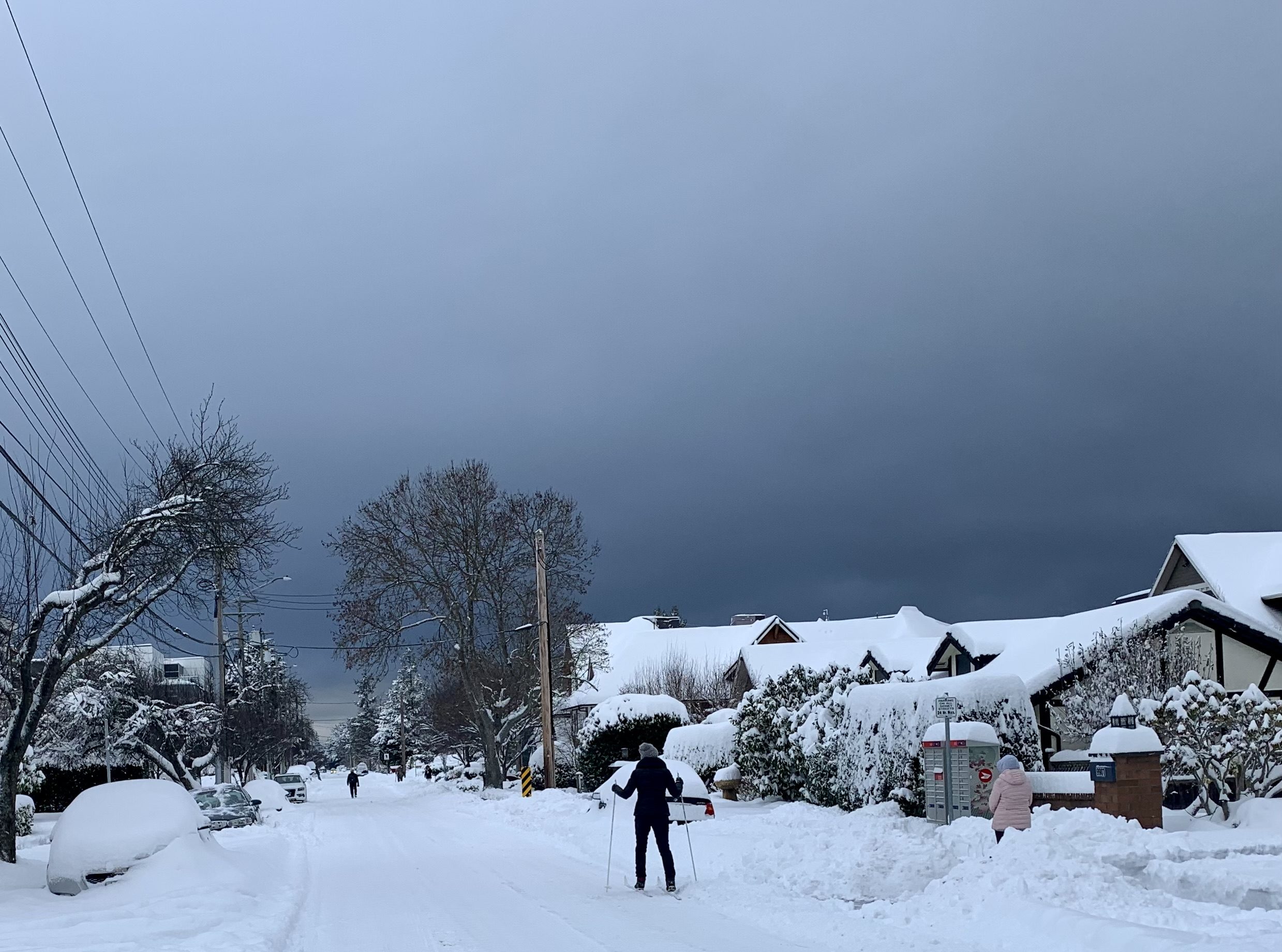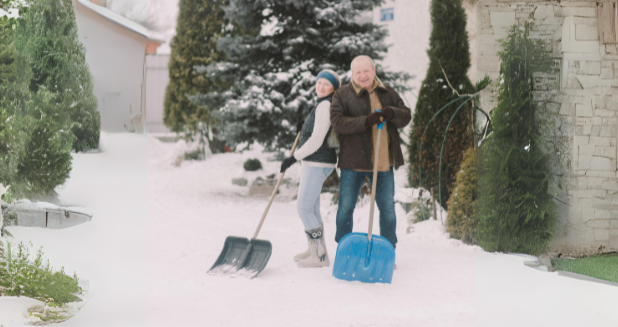Before winter hits, update your emergency plans for the following considerations:
- Snow, rain, and ice can cause transportation challenges and increase the risk of slips and falls. Public transportation may be cancelled, and driving, walking, and cycling may be dangerous road conditions.
- It’s easy to get cold quickly if you are outside in wet, cold, and windy weather. Exposure to cold temperatures can lead to frost bite or hypothermia.
- There can be an increased risk of flooding due to melting snow.
- Severe winter weather like ice, wind and snow can cause power outages. Power outages can disrupt communication, the heat in your home, and access to food and water. It’s important to be prepared to live without power for several days.
Also consider the unique requirements of your loved ones and everyone in your home, such as children, pets, and those with additional preparedness needs.

